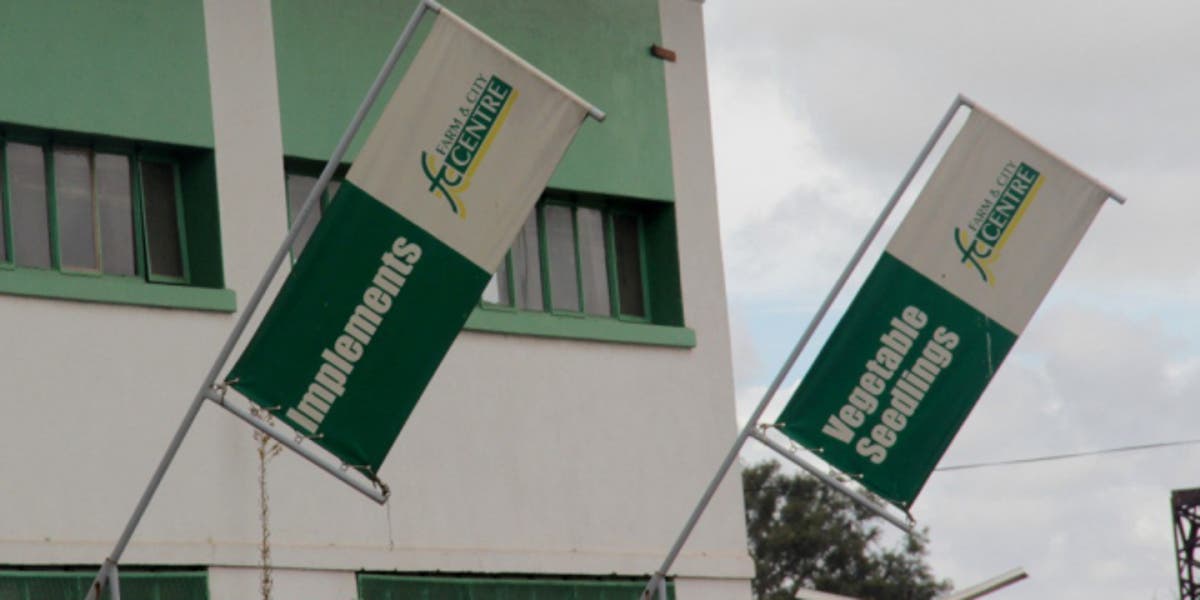CFI to track carbon footprint across operations
Listed agro-industrial firm, CFI Holdings Limited, says the group will this year track its carbon footprint across business units as it also migrates to cleaner energy sources to reduce greenhouse emissions.
This comes as businesses world over are increasingly factoring in the impacts of their operations on the environment, especially now when the prevalence of climate change induced incidents is on the increase.
Climate change has thus become one of the biggest challenges affecting humanity today.
According to CFI, the increasing global warming and erratic rainfall patterns are of concern to the group, mainly affecting its farming operations.
“As such, these material issues are actively tracked,” said CFI adding the group will start to track the carbon footprint during the financial year 2024 (FY24).
“Furthermore, our engineers are tasked with facilitating the group’s migration towards renewable energy as evidenced by the deployment of renewable energy to our retail division.
“The group offsets emissions through solar energy, thereby proving that a green economy is possible. We shall report our full carbon footprint in FY24,” said CFI.
The development also comes as the local bourse, the Zimbabwe Stock Exchange (ZSE), now requires listed firms to report on sustainability issues as part of their financial disclosures.
Between 2019 and 2020, the ZSE and the secondary bourse – the Victoria Falls Stock Exchange (VFEX), updated listing rules, which now compel listed companies to put in place measures to deal with environmental, social and governance (ESG) issues. The firms were allowed a transitional period for such disclosures.
VFEX and ZSE chief executive officer (CEO), Justin Bgoni, previously said in a notice that both exchanges allowed for a transitional period for issuers to adopt a set of requirements and offered area-specific training before enforcement of the requirements.
Other large corporates like Innscor, Caledonia, Delta, Padenga and OK have already been issuing ESG reports, which is also in line with international best practice.
For CFI, other initiatives the group is implementing during FY24, is training employees on identifying emission sources, activity data, emission factors and methodologies for calculating carbon footprints, according to the group.
Currently, in terms of its energy management approach, the group uses different energy sources, ZESA being the main power source for most operations, but with lower usage for shops that have solar backup options.
In the event of outages due to ZESA load shedding, the group also makes use of diesel powered generators.
However, CFI is increasing its focus on cleaner sources of alternative power. Indications are that the group has rolled out a programme to install solar systems for shops and offices, with 44 percent of shops already using the power source.
In the medium to long-term, the group plans to invest in solar farms to sustain its manufacturing activities. Other sources of energy like gas for cooking at its branches while coal is mainly used at Agrifoods to operate its boilers and kitchens.
The group is also looking at implementing sustainable water and waste management at its operations.-ebusinessweekly










